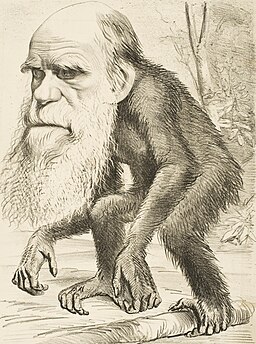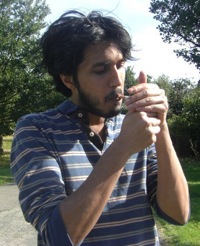
Ideas require the right kind of incubation. They need to be nurtured before being taken into the world — at the right moment in time.
The nurturing and timing of ideas is one aspect which most innovators and entrepreneurs seem to miss. And I certainly can't talk about timing — as the tyranny of timing is something that I've had to learn the hard way.
But I've been extremely lucky with respect to the nurturing of ideas. For reasons still unknown, extra-ordinary individuals seem to be attracted to me. And their influences have been pure gold.
This is a reflection of something that I've heard referred to as the “Florence Effect”. That is, whilst statistically speaking we should have millions of Einsteins and Da Vincis walking amongst us, the reason many of them haven't tapped into their full potential is due to a lack of a nurturing, vibrant community.
In contrast, if you take Florence or Rome during the High Renaissance, you will see that the likes of Leonardo da Vinci, Michelangelo, Raphael, Botticelli, Ghirlandaio and Perugino all hung around the same areas.
Not only would they have influenced, inspired and critiqued each other, but many of them actively taught some of the others. Their social networks would have overlapped considerably enough that ideas would have flowed much faster than at other points in history.
The various localities of Florence and Rome — with their various patrons — acted as a positive echo chamber within which ideas and inspirations would have flowed and been nurtured. We need such spaces for the cultural creatives of our times.
For me, the #esp IRC channel has been one such space. And you can see its influence even in the evolution of just two of the ideas:
- Organisational Model & Pecus
- Gift Economy
For the first employment contract, I wrote (in 1999):
The full employees collectively form the “Ecclésia”, and this group owns fifty percent of the Company shares. The Ecclésia elects (by the Australian ballot) on a quarterly basis an executive council of 7 chief officers. This council will decide on company policies on a day-to-day basis, and will put to vote before the Ecclésia – matters of serious import. However, any member of the Ecclésia may voice their opinion on all matters.
Company work will take place over the Company Extranet. The Ecclésia will decide on new projects and assign values of their worth, as well as elect the Project Leader. It is then up to the Project Leader, to define the Jobs needed to be done for the success of the Project, and their respective values in plex economic currency units (pecus).
This later evolved to include trust-based algorithms and certifications — as can be seen from this chat log about the Espian model in 2001. And on an unrelated front, I was also rambling on the Espra dev list about gift economies — also in 2001.
But at that time, these were two separate ideas. But gradual conversations with others helped identify key problems. And in the iterative refinements I came to the intuitive realisation that they were somehow two aspects of the same whole. That there was a simplicity beyond the complexity.
And in my attempt to unify the elements — through hundreds of conversations — early last year, I ended up with:
But it was only after yet more criticism and dialogue earlier this year that I finally ended up with the true essence of the model. What I now call the “Espian ecology” — where the initial Pecus I had touched upon and the gift economy are just two parts of one simple structure.
I'll write an article on it later this month. Until then, what has your experiences been with regards to the evolution of ideas?


